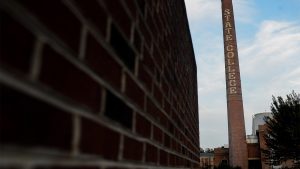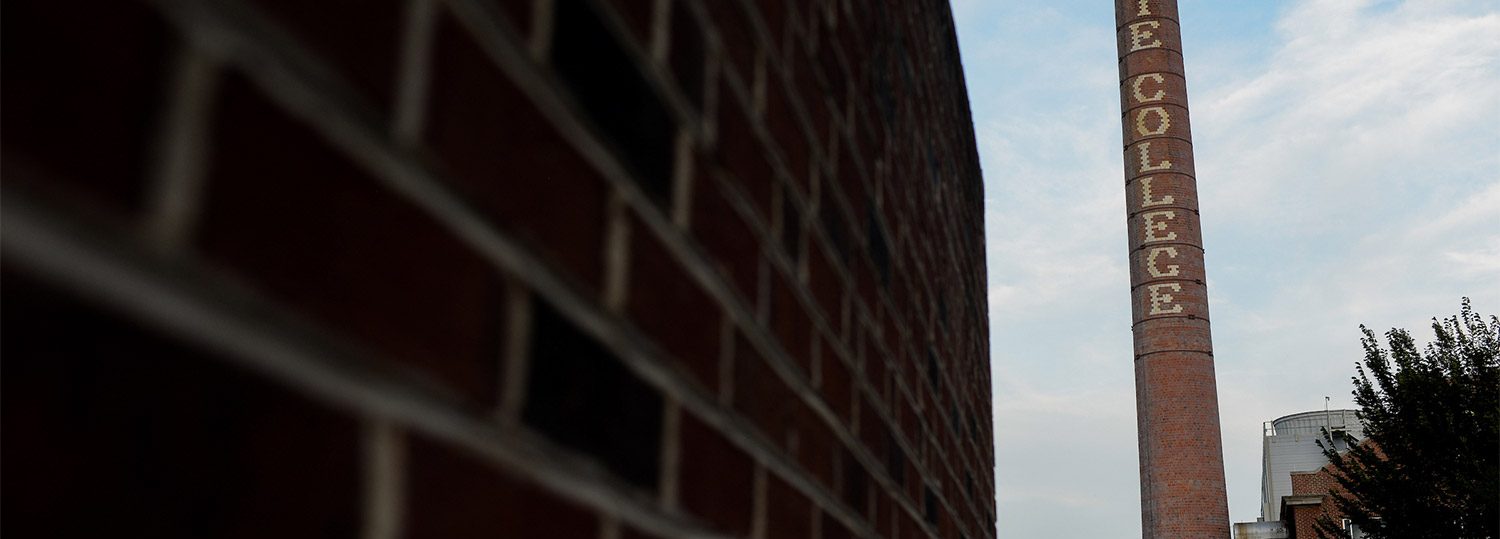
While the Wolfpack enjoyed winter break, hundreds of NC State campus buildings collectively avoided $294,537 in energy costs through the university’s Winter Holiday Energy Saving Initiative.
Since 2004, NC State has leveraged winter break as an opportunity to achieve nearly $3.5 million in cumulative energy savings while most campus buildings are unoccupied for up to 12 consecutive days.
NC State’s Energy Management Office, which facilitates the program, coordinates energy conservation measures that enable NC State to save natural gas and electricity, thereby avoiding utility costs and lowering carbon emissions. In participating campus buildings, thermostat temperature setpoints are lowered, unnecessary lights and equipment are turned off, and doors and windows are closed to reduce utility consumption.
From there, weather plays the biggest role in how much energy is avoided. This year’s colder temperatures required more energy to heat buildings than in December 2015, when weather was unseasonably warm.
“The weather is something we can’t control but by continuing to implement these energy saving efforts each winter break we can still make a difference in energy savings,” said energy program coordinator Rebecca Diederich.
A true campus-wide effort, the program includes all types of university buildings such as classrooms, residence halls, dining locations, offices, utility plants and some research labs. Even buildings exempt from the temperature setbacks, due to existing events or temperature-sensitive research and equipment, contribute to utility savings through lighting reductions or partial setbacks.
“Participation even at the smallest level can make a difference,” said Erik Hall, director of Energy Management.
This year’s savings reflect a new calculation standard for the program. Previously, savings were calculated by normalizing square footage from the current year to the baseline year.
“The resulting savings showed what would have been saved in the baseline year if the energy conservation measures implemented in the current fiscal year had also been implemented in the baseline year,” Diederich said. “The savings are now calculated by normalizing the baseline to current year conditions. This approach brings the baseline year forward in time to calculate the savings based upon campus square footage and energy costs for the current year.”
The Winter Holiday Energy Saving Initiative is one of campus’ most visible energy-saving programs, though opportunities to save energy exist year-round for NC State students, faculty and staff. Some of the most effective ways to contribute toward campus energy efficiency include:
- Turn off and unplug office equipment and appliances that are not vital or not in use
- Close all exterior windows and doors
- Turn off lights in rooms that are not in use
- Shut off all space heaters
- In labs, shut fume hood sashes when not actively working at the hood
For more energy-saving tips, visit go.ncsu.edu/SaveEnergy

